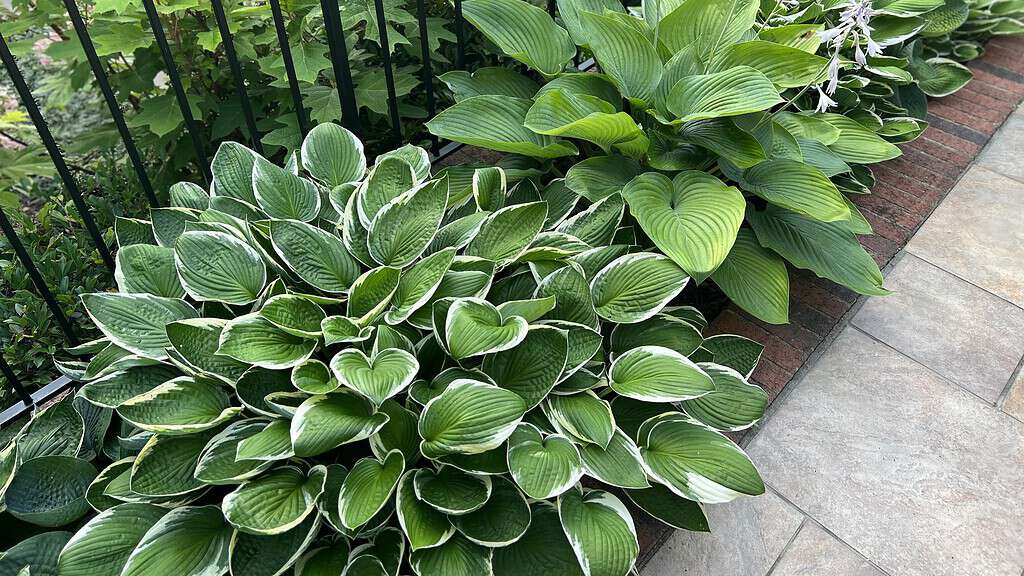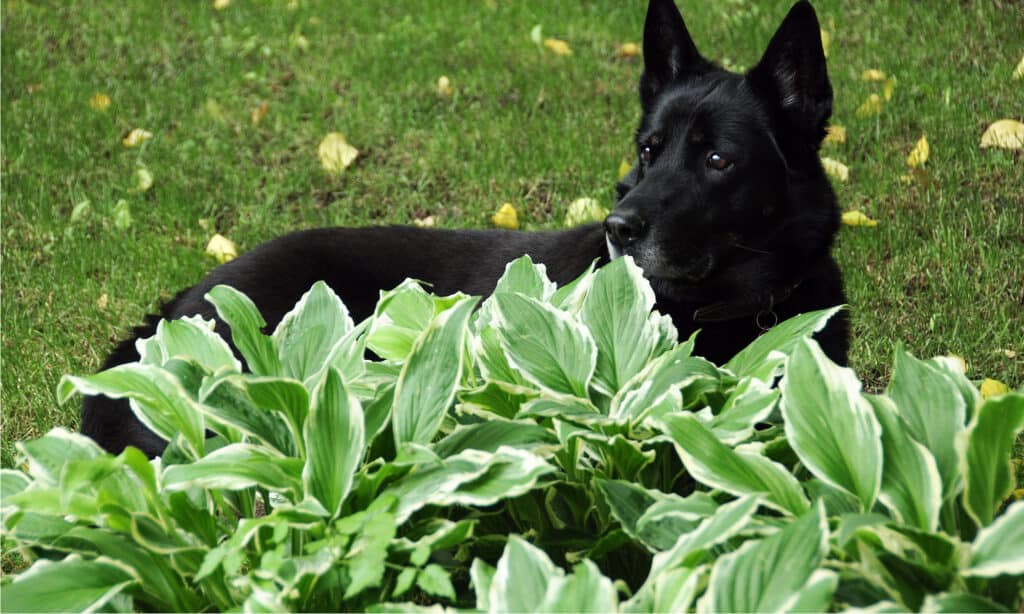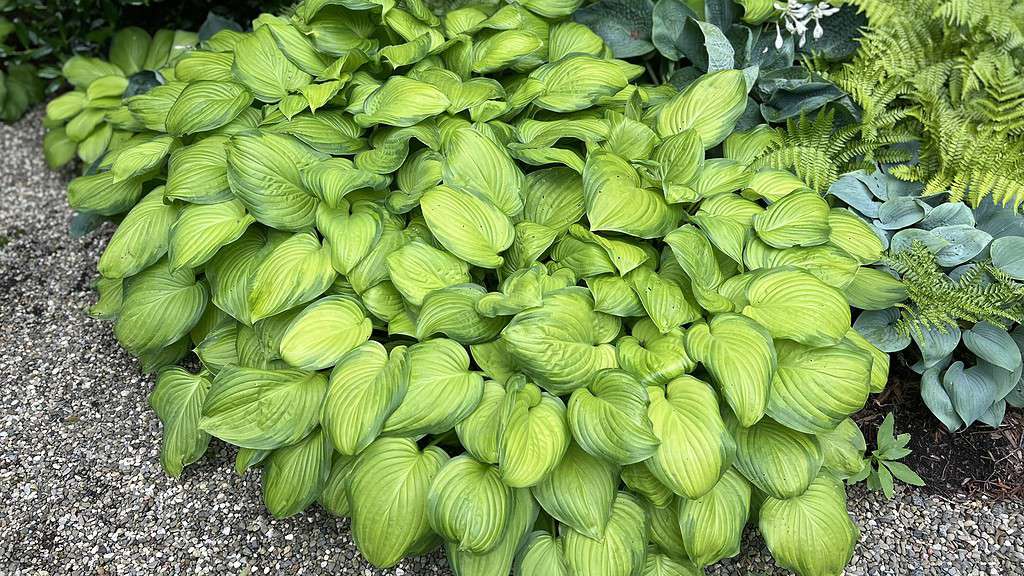You might be surprised to learn that most pet owners are unaware that their gardens are full of poisonous plants for dogs and cats. It’s impossible to keep your dog or cat away from poisonous plants, but there are a few species to keep an eye out for, one of which is hostas.
Hostas are well-known for their ease of care. These plants are extremely easy to grow and require only a small amount of attention. However, if your dog or cat has consumed hosta, it could be toxic. Read on to understand how toxic hostas are to your pet and what to do in the event of an emergency.
Are Hostas Poisonous To Dogs Or Cats?

It’s best to keep your pet away from hosta leaves, stems, and blooms, which are toxic to cats and dogs. They are toxic to pets because of the poison’s glycoside saponins. It’s important to keep an eye out for your pet near your hostas.
Hosta Ingestion Symptoms In Dogs And Cats
Many of the saponins found in hostas are harmful to dogs and other small animals. Symptoms Include:
- Diarrhoea
- Vomiting
- Lethargy
This is a typical list of hosta poisoning symptoms. Dog owners should avoid growing hostas outside or keeping them indoors in pots since they can be toxic to the animals.
What To Do If My Dog Or Cat Has Eaten Hostas?
Ingestion of hosta does not have a specific treatment. Some cases may necessitate no treatment at all, while others may necessitate more extensive care. This will include rinsing out the mouth with water to eliminate any residual leaf fragments. It is also possible to induce vomiting by providing hydrogen peroxide to the patient. This must be attempted by a licensed veterinary professional and should not be attempted at home.
How Do I Stop My Dog Or Cat From Eating Hostas?

Fencing off your hostas is a good way to prevent pets from eating them.
©vicspacewalker/Shutterstock.com
Spraying your hosta leaves with lemon juice may help if your dog stays away. A dog’s aversion to citrus fruits like lemon, lime, and grapefruit makes this an excellent natural alternative. To make an impediment, you can also fence off your hostas.
Are Hostas Poisonous To Wildlife?
While hostas are considered harmful to some animals, including horses, cats, and dogs, they aren’t toxic to deer. You can also spray a little homemade deer repellent for hostas on the foliage of your plants to dissuade deer from eating them.
Are Hostas Poisonous To People?

The saponins in hosta plants have no effect on adults. However, this is not the case for small children, who may experience stomach discomfort if they consume these plants. This is a result of children’s more fragile digestive systems. Therefore, these plants should be kept away from youngsters.
Are There Any Non-Toxic Garden Plants?
Fortunately, there are several plants, both indoor and outdoor, that are safe for your pets.
Below are five common outdoor garden plants that are known to be safe for both cats and dogs!
- Crape Myrtle
- Camellia
- Sunflowers
- Rose Bushes
- Petunias
Non-Toxic Houseplants
More people are turning to houseplants for air purification, and it’s easy to see why. But popular plants like Aloe Vera and English Ivy can cause vomiting, diarrhoea, and gastrointestinal pain in your pets.
Below are five common indoor plants that are known to be safe for both cats and dogs!
- Orchids
- Boston Fern
- Christmas Cactus
- Echeveria Succulent
- Cast Iron Plant
Bottom Line…
Do some research on indoor and outdoor plant varieties before purchasing and putting them in your yard or house. Hostas are a popular and lovely garden species, but they are toxic to pets. It’s not always possible for pets to tell the difference between what’s good for them and bad for them. Keep an eye on your pets, feed them well, and protect the area where your hostas live if you want to keep both pets and hostas.
The photo featured at the top of this post is ©
Thank you for reading! Have some feedback for us? Contact the AZ Animals editorial team.






